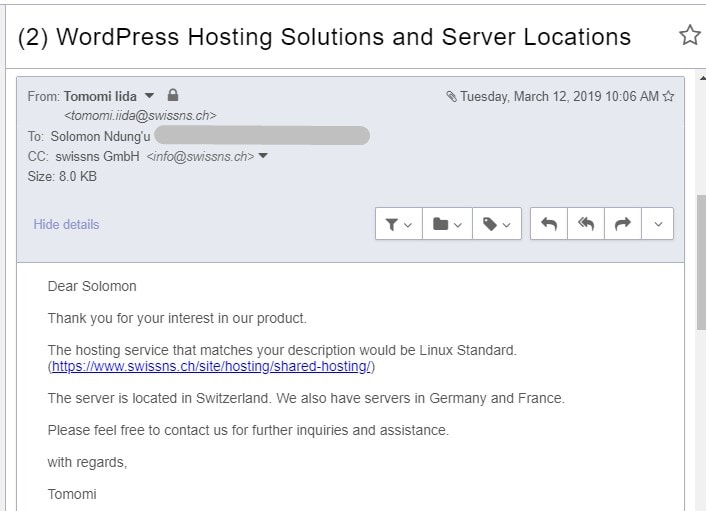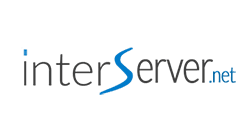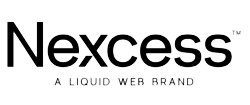 Web hosting company swissns GmbH has head offices in Luzern, Switzerland. This vendor was founded as recently as 2013, but its management team has more than 15 years of experience in the IT industry, which helps the company live up to its promise of providing excellent hosting solutions to business enterprises in Switzerland and beyond.
Web hosting company swissns GmbH has head offices in Luzern, Switzerland. This vendor was founded as recently as 2013, but its management team has more than 15 years of experience in the IT industry, which helps the company live up to its promise of providing excellent hosting solutions to business enterprises in Switzerland and beyond.
They offer a range of solutions including shared web hosting, dedicated servers, VPS, SSL certificates, and domain name registration services.
Features and Ease of Use
There are three SSD-based Linux shared hosting solutions: Linux Start (1 GB SSD storage, 10 GB monthly traffic, 10 email accounts, 1 MySQL database, and 1 website), Linux Standard (10 GB SSD storage, 30 GB monthly traffic, 100 email accounts, 3 MySQL databases, and 3 websites), and Linux Advanced (30 GB SSD storage, 100 GB monthly traffic, 300 email accounts, 5 MySQL databases, and 10 websites).
These hosting solutions come with the following standard features:
- Linux/Windows OS
- MySQL databases
- SSL certificates
- Plesk control panel
- 100 GB backup (FTP repository)
- SSD storage
- 24/7 customer support
- Email accounts
You get offsite backups with FTP repository configurations, with up to 100 GB backup space. In addition, the SSL certificate packages include Domain Validated, Wildcard Certificate, Organisation Validated, and Extended Validation.
With data centers in Switzerland, France, and Germany, swissns has the capacity to offer powerful VPS hosting and dedicated servers with high availability. The data centers are monitored by a technical team to provide a stable and reliable hosting environment. What’s more, swissns uses VMware’s popular ESXi type-1 hypervisor that allows a guest operating system to run on a bare metal system.
Pricing and Support
Hosting prices are pretty standard, but there is a high setup fee. There is no free trial and no money-back guarantee, and the 99% network availability is low by industry standards.
Customers can contact the swissns 24/7 technical support team by telephone, ticket system, email, or live chat. I couldn’t summon support via live chat despite it appearing to be online with available agents. However, I succeeded in securing an email response in just four hours, which was fortunate because there is no knowledge base for self-support.











